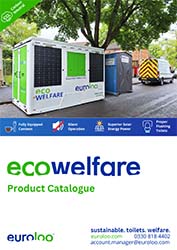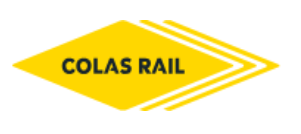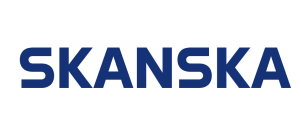March 2024 - December 2024
London
Introduction
DN Groundworks is a leading provider of groundworks and civil engineering solutions, committed to delivering high-quality services while prioritising sustainability. With multiple teams operating across various sites, ensuring proper welfare facilities was essential. DN Groundworks sought an environmentally friendly solution that provided essential amenities and aligned with their sustainability goals.

The Requirement
Reliable on-site welfare facilities are crucial to maintaining workforce wellbeing and operational efficiency. Traditional diesel-powered welfare units led to high running costs and significant carbon emissions, which conflicted with DN Groundworks’ sustainability commitments. They required a modern, energy-efficient alternative that offered sanitation, drying facilities and canteen space while minimising environmental impact.
The Solution
To meet these requirements, DN Groundworks partnered with ecowelfare to deploy three 12ft fully solar-powered welfare units across their sites. Each unit included a canteen for meal breaks and refreshments, a toilet for sanitation and a drying room to keep workwear in optimal condition. These solar-powered units provided a cost-effective, eco-friendly alternative that reduced reliance on traditional fuel-powered welfare solutions while enhancing workforce comfort.
The Conclusion
- Zero fuel costs – Fully solar-powered, eliminating reliance on diesel.
- Over 414 litres of fuel saved – Reducing operational expenses and environmental impact.
- More than 1.3 tonnes of CO₂ emissions avoided – Supporting DN Groundworks’ sustainability goals.
- Improved workforce welfare – Providing comfortable, well-equipped spaces tailored to site requirements.
DN Groundworks chose ecowelfare for its sustainable, cost-effective and easy-to-integrate welfare solution. The 100% solar-powered units eliminated fuel expenses and significantly reduced emissions, aligning with the company’s environmental goals. With quick delivery, setup and minimal maintenance, the units were seamlessly integrated into daily operations with no disruption.










